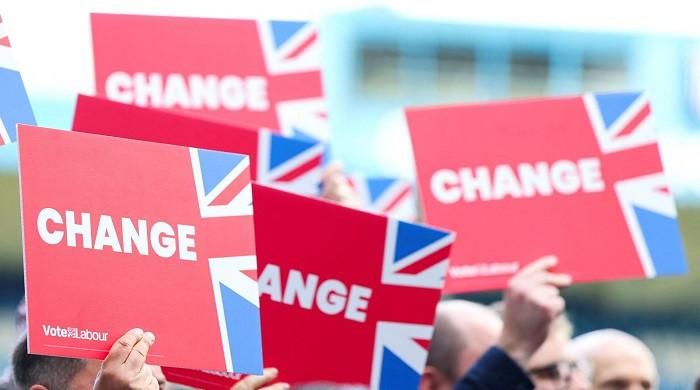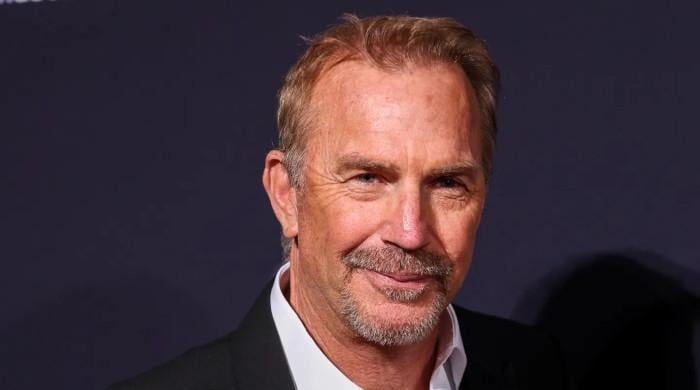Keir Starmer faces a tough challenge as his Labour Party takes over Britain after nearly a decade and a half in opposition.
“It's more of a giant basket of problems,” political analyst Karl Pike told AFP, listing issues ranging from ending strikes in the public health service to negotiating a new post-Brexit deal with the European Union.
Starmer, 61, has six priorities to “turn around” Britain after 14 years of largely chaotic Conservative rule dominated by Brexit, a crippling cost-of-living crisis and fratricidal infighting.
But implementing his so-called “first steps” will be far from easy given a battered economy, public services on their knees and widespread disillusionment with the political establishment.
“Even the simplest and most direct commitments in the manifesto could prove more difficult to implement,” Patrick Diamond, a former Downing Street political adviser, told AFP.
When Diamond was working for the New Labour government in the early 2000s, then-Prime Minister Tony Blair and Chancellor of the Exchequer Gordon Brown benefited from healthy economic growth, boosting public coffers and keeping taxes low.
This allowed them to implement several far-reaching reforms at the same time as the charismatic Blair enjoyed a wave of euphoria towards him and his centre-left party.
Today, growth is anaemic and Labour’s victory was arguably driven more by frustration with the Tories than overwhelming enthusiasm for Starmer’s party, making his job harder.
“It's a very different environment,” Diamond said. “The goal of having growth, low taxes and more public spending is simply not going to be within reach for this Labour government.”
Labour has committed to the Conservatives' spending plans and fiscal rules that restrict debt to a percentage of GDP, limiting how much it can borrow.
He has also ruled out raising the main taxes Britons pay, meaning investment will depend heavily on stimulating economic growth that is not guaranteed.
“Even though taxes and borrowing are at historically high levels and Labour's promises will limit its room for manoeuvre, that won't stop a new government from making significant policy changes over time,” Peter Sloman, a professor of politics at Cambridge University, told AFP.
Starmer's top three priorities are achieving economic stability, reducing waiting times on the state-run National Health Service (NHS) and launching a new border security force to tackle record levels of irregular migration.
His other key promises include creating a public body to invest in clean energy called Great British Energy, cracking down on anti-social behaviour and recruiting 6,500 new teachers.
“The 'first steps' are deliberately modest,” Sloman said, noting that the promise to teachers and the commitment to create 40,000 extra NHS appointments a week are “carefully worded to ensure they can be delivered.”
“I think the biggest challenge for a Labour government will be dealing with the growing crises in other parts of the public sector, such as prisons, higher education, social care and local government, where a decade of austerity has created serious problems,” he added.
These include bankrupt local authorities, the possible collapse of a major water supplier, prison overcrowding and failing universities.
The challenges threaten the honeymoon period normally enjoyed by new governments, but Diamond believes the electorate will be forgiving of Labor in its first few months.
“If Starmer can put an end to the drama and create some stability, people will give him the benefit of the doubt,” he said.












